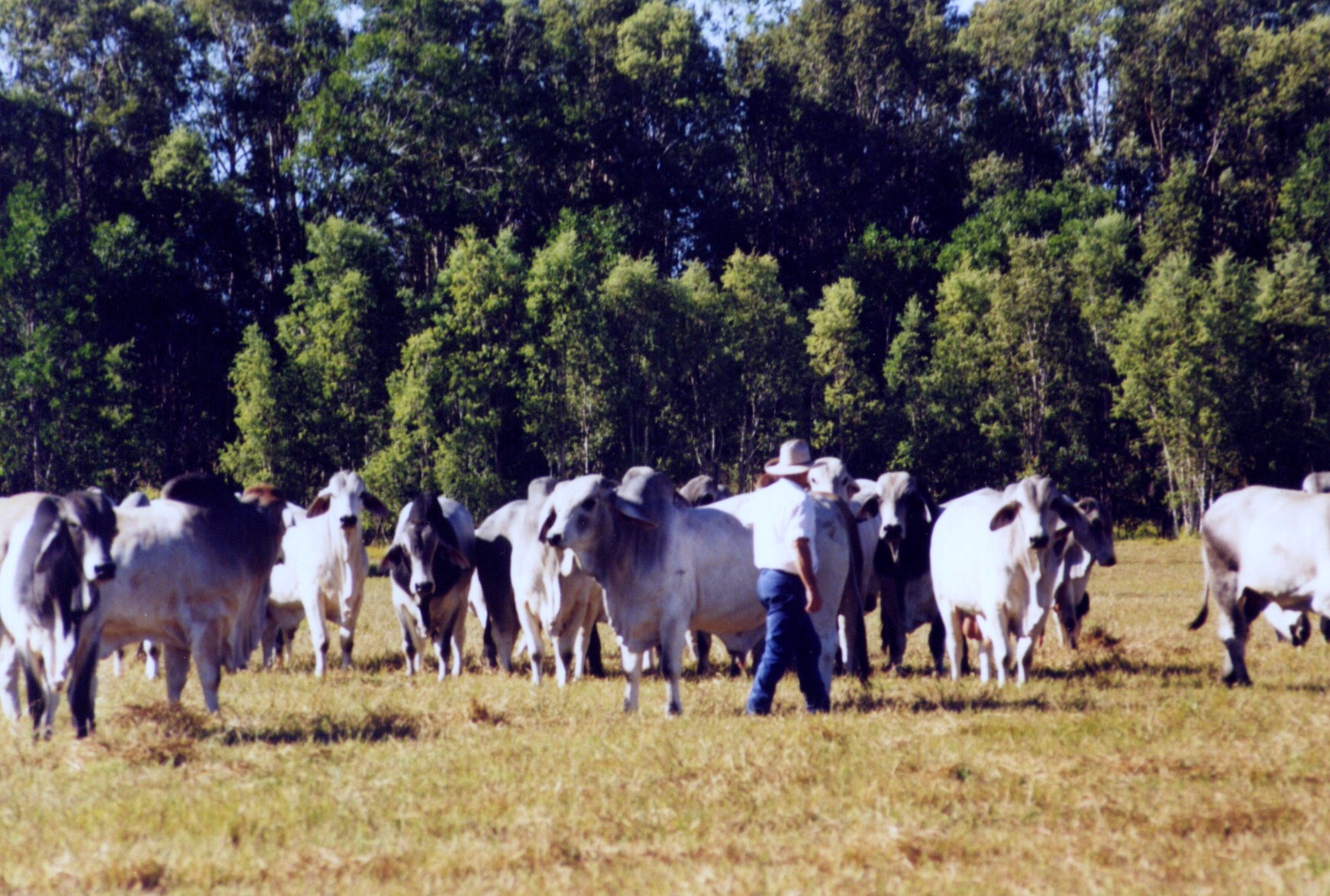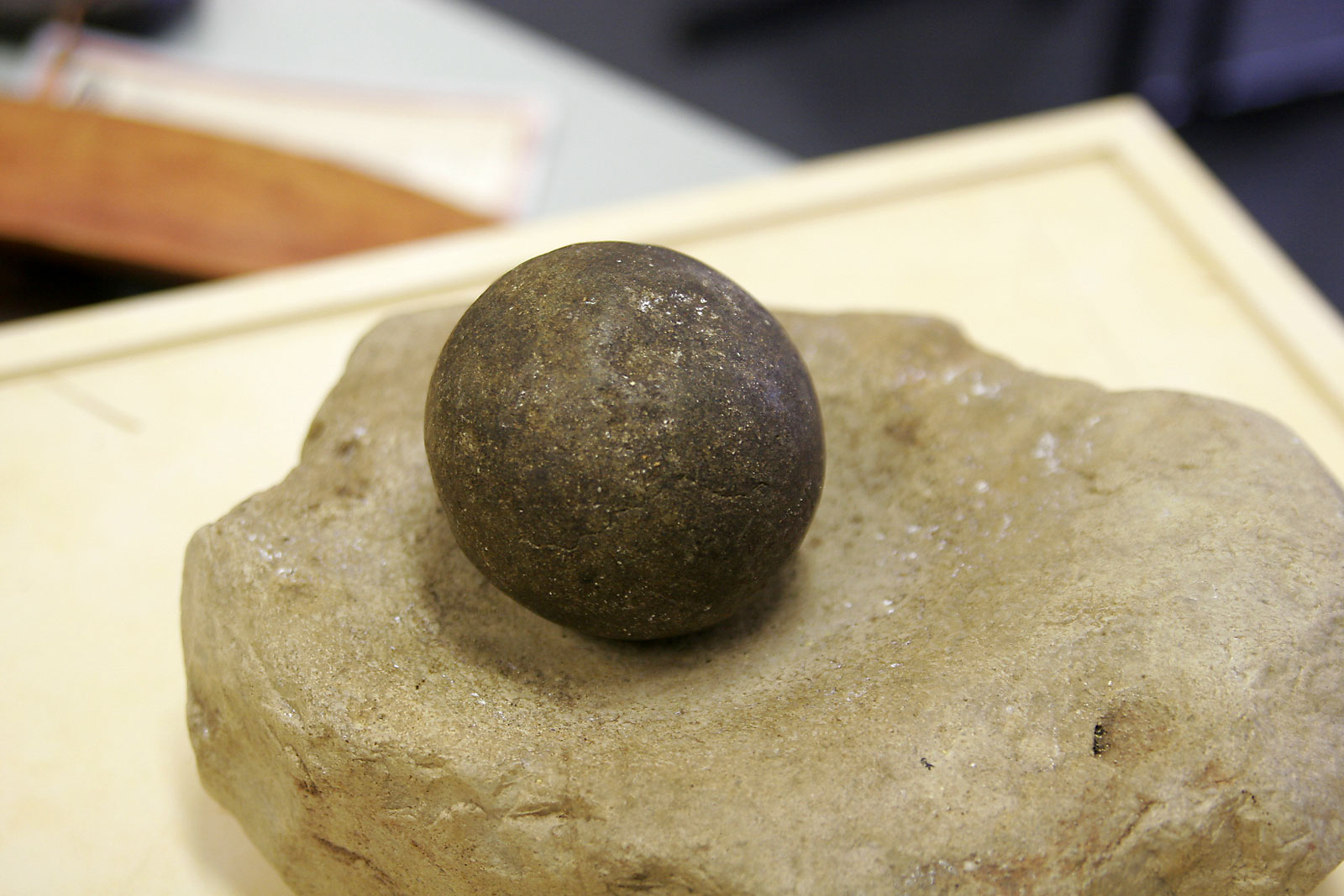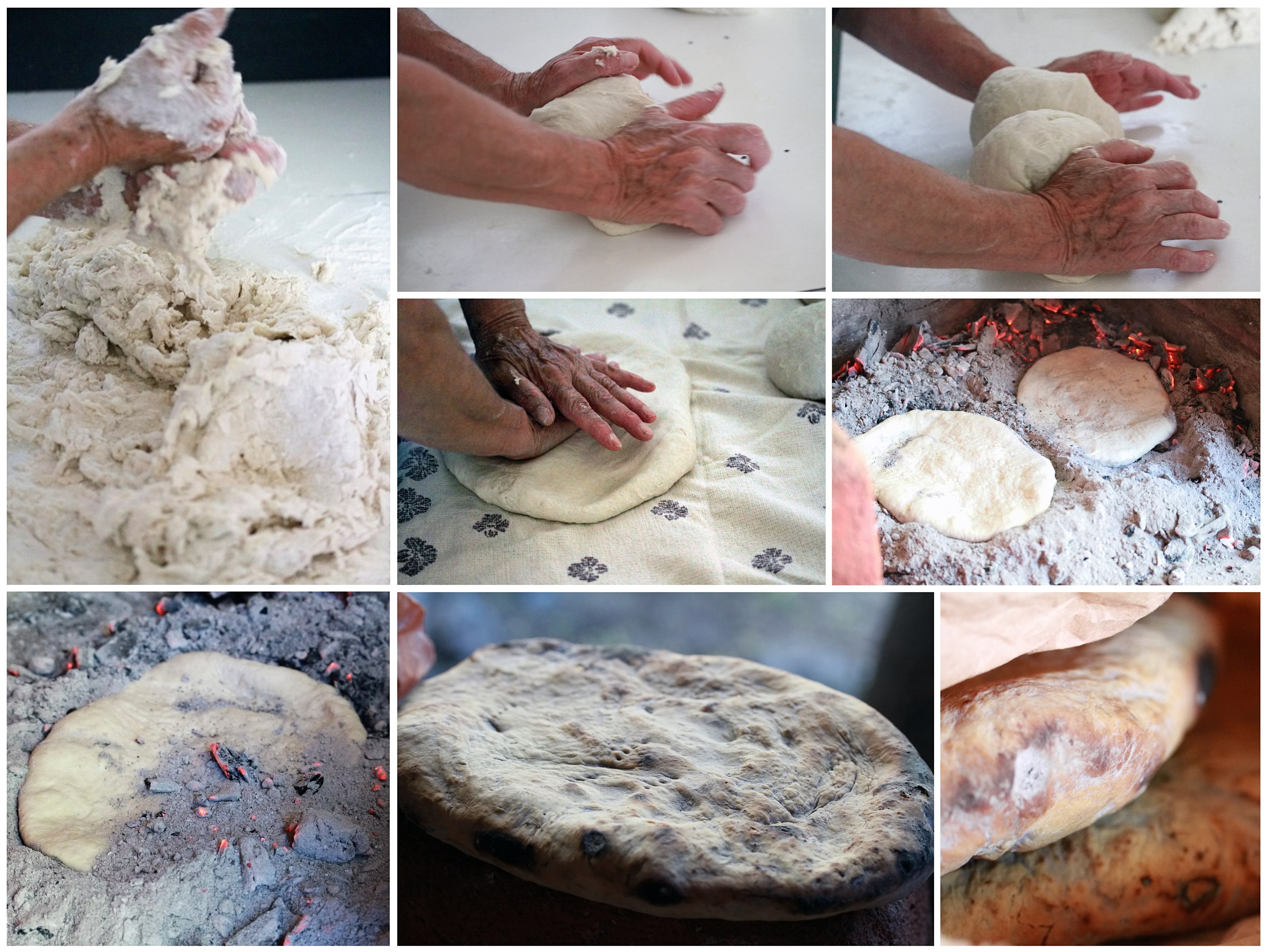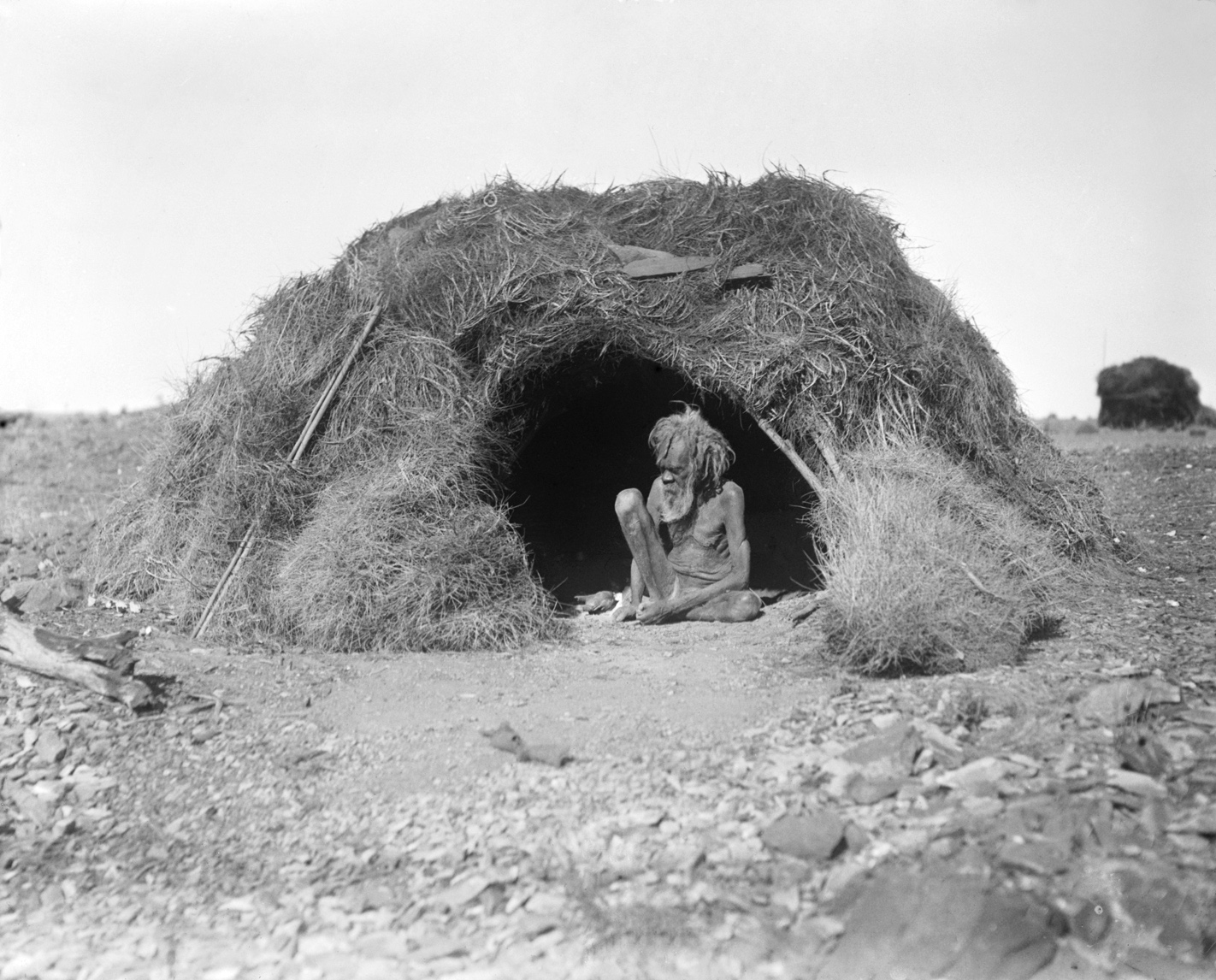|
Damper Bread
Damper is a thick home-made bread traditionally prepared by early European settlers in Australia. It is a bread made from wheat-based dough. Flour, salt and water, with some butter if available, is kneaded and baked in the coals of a campfire, either directly or within a camp oven. Etymology The word "damper" originated as a specific use of the British word "damper", meaning "something that takes the edge off the appetite". There was likely also some influence from the phrase "damp down" as in "to damp down a fire". When cooked as smaller, individually-sized portions, the damper may be known as "bush scones" or "johnnycakes" (also "johnny cakes"). North American cornmeal bread is also called johnnycake; it is uncertain if this influenced the Australian term. However, Australian johnnycakes, while often pan-fried, remain wheat-based. The technique of making Johnny cakes on a hotplate is common in the likes of Ireland, so as the Irish etc migrated to US or to penal colonial Au ... [...More Info...] [...Related Items...] OR: [Wikipedia] [Google] [Baidu] |
Stockman (Australia)
In Australia, a stockman (plural stockmen) is a person who looks after the livestock on a station, traditionally on horse. It has a similar meaning to "cowboy". A stockman may also be employed at an abattoir, feedlot, on a livestock export ship, or with a stock and station agency. Country music singer-songwriter, Slim Dusty, sang about The Ringer from the Top End. Associated terms Stockmen who work with the cattle in the Top End are known as ringers and are often only employed for the dry season which lasts from April to October. A station hand is an employee who is involved in routine duties on a rural property or station, which may also involve caring for livestock. With pastoral properties facing dire recruitment problems as young men are lured into the booming mining industry, young women from the cities are becoming a common sight on outback stations, often attracted by the chance to work with horses. An associated occupation is that of the drover, who, like the s ... [...More Info...] [...Related Items...] OR: [Wikipedia] [Google] [Baidu] |
Bush Bread
Bush bread, or seedcakes, refers to the bread made by Aboriginal Australians by crushing seeds into a dough that is then baked. The bread is high in protein and carbohydrate, and forms part of a balanced traditional diet. It is also sometimes referred to as damper, although damper is more commonly used to describe the bread made by non-Indigenous people. With the arrival of Europeans and pre-milled white flour, this bread-making process has almost disappeared (although women were still recorded to be making seedcakes in Central Australia in the 1970s). The tradition of cooking bread in hot coals continues today. Bread-making was a woman's task. It was generally carried out by several women at once, due to its labour-intensive nature. It involved collecting seasonal grains, legumes, roots or nuts, and preparing these into flour and then dough, or directly into a dough. One of the traditional ingredients was the seeds of kangaroo grass. Bread-making from seeds Collecting the ... [...More Info...] [...Related Items...] OR: [Wikipedia] [Google] [Baidu] |
Australian Breads
Australian(s) may refer to: Australia * Australia, a country * Australians, citizens of the Commonwealth of Australia ** European Australians ** Anglo-Celtic Australians, Australians descended principally from British colonists ** Aboriginal Australians, indigenous peoples of Australia as identified and defined within Australian law * Australia (continent) ** Indigenous Australians * Australian English, the dialect of the English language spoken in Australia * Australian Aboriginal languages * ''The Australian'', a newspaper * Australiana, things of Australian origins Other uses * Australian (horse), a racehorse * Australian, British Columbia, an unincorporated community in Canada See also * The Australian (other) * Australia (other) * * * Austrian (other) Austrian may refer to: * Austrians, someone from Austria or of Austrian descent ** Someone who is considered an Austrian citizen * Austrian German dialect * Something associated with the count ... [...More Info...] [...Related Items...] OR: [Wikipedia] [Google] [Baidu] |
Tortilla De Rescoldo
Tortilla de rescoldo or ember tortilla is a traditional Chilean flatbread, often unleavened, that was commonly prepared by rural travelers. It consists of a wheat-flour-based bread, traditionally baked in the coals of a campfire or fireplace. It is common street food in populated areas or along roadways and sold by ''palomitas'' (little doves). History The bread dates Spanish colonizers, who used it as a travel ration similar to pan subcinerario. Vendors known as palomitas, typically women dressed all in white, sell the tortillas in train stations and other public areas, especially in Antihue and Laraquete. Ingredients Typical ingredients are flour; lard, butter, vegetable shortening, or a combination; and salt; some recipes include baking soda Sodium bicarbonate (IUPAC name: sodium hydrogencarbonate), commonly known as baking soda or bicarbonate of soda (or simply “bicarb” especially in the UK) is a chemical compound with the formula NaHCO3. It is a salt (ch ... [...More Info...] [...Related Items...] OR: [Wikipedia] [Google] [Baidu] |
History Of Bread
Bread was central to the formation of early human societies. From the Fertile Crescent, where wheat was domesticated, cultivation spread north and west, to Europe and North Africa, and east toward East Asia. This in turn led to the formation of towns, which curtailed nomadic lifestyles, and gave rise to other forms of societal organization. Similar developments occurred in the Americas with maize and in Asia with rice. Prehistory Charred crumbs of "unleavened flat bread-like products" made by Natufian hunter-gatherers, likely from wild wheat, wild barley and tubers between 11,600 and 14,600 years ago have been found at the archaeological site of Shubayqa 1 in the Black Desert in Jordan. These remains predate the earliest-known making of bread from cultivated wheat by thousands of years. Grinding stones recently unearthed in Australia have been dated to 60,000 years ago and are currently the earliest evidence of seed processing outside of Africa. Grinding stones dating to ... [...More Info...] [...Related Items...] OR: [Wikipedia] [Google] [Baidu] |
Bush Tucker
Bush tucker, also called bush food, is any food native to Australia and historically eaten by Indigenous Australians and Torres Strait Islander peoples, but it can also describe any native flora, fauna, or fungi used for culinary or medicinal purposes, regardless of the continent or culture. Animal native foods include kangaroo, emu, witchetty grubs and crocodile, and plant foods include fruits such as quandong, kutjera, spices such as lemon myrtle and vegetables such as warrigal greens and various native yams. Traditional Indigenous Australians' use of bushfoods has been severely affected by the colonisation of Australia beginning in 1788 and subsequent settlement by non-Indigenous peoples. The introduction of non-native organisms, together with the loss of and destruction of traditional lands and habitats, has resulted in reduced access to native foods by Aboriginal people. Since the 1970s, there has been recognition of the nutritional and gourmet value of native foods ... [...More Info...] [...Related Items...] OR: [Wikipedia] [Google] [Baidu] |
Bread In Culture
Bread has a significance beyond mere nutrition in many cultures in the Western world and Asia because of its history and contemporary importance. Bread is also significant in Christianity as one of the elements (alongside wine) of the Eucharist; see sacramental bread. The word ''companion'' comes from Latin ''com-'' "with" + ''panis'' "bread". The political significance of bread is considerable. In 19th century Britain, the inflated price of bread due to the Corn Laws caused major political and social divisions, and was central to debates over free trade versus protectionism. The Assize of Bread and Ale in the 13th century demonstrated the importance of bread in medieval times by setting heavy punishments for short-changing bakers, and bread appeared in ''Magna Carta'' a half-century earlier. Like other foods, choosing the "right" kind of bread is used as a social signal, to let others know, for example, that the person buying expensive bread is financially secure, or the person ... [...More Info...] [...Related Items...] OR: [Wikipedia] [Google] [Baidu] |
Bannock (Indigenous American Food)
Bannock, skaan (or scone), Indian bread, alatiq, or frybread is now found throughout North America, including Inuit in Canada and Alaska, other Alaska Natives, the First Nations of the rest of Canada, the Native Americans in the United States, and the Métis. Origins A food made from maize, roots and tree sap may have been produced by indigenous North Americans prior to contact with outsiders. Native American tribes who ate camas include the Nez Perce, Cree, Coast Salish, Lummi, and Blackfoot tribes, among many others. Camas bulbs, out of which bannocks can be made, contributed to the survival of members of the Lewis and Clark Expedition (1804–06). Some sources claim that bannock was unknown in North America until the 1860s when it was created by the Navajo who were incarcerated at Fort Sumner. According to other sources, fur traders introduced bannock to tribes in North America, and that a bread, and the name 'bannock', were originally introduced from Scotland. T ... [...More Info...] [...Related Items...] OR: [Wikipedia] [Google] [Baidu] |
Ash Cake
Ash cake (also known as ash bread or fire cake) is a type of bread baked over a layer of heated stones or sand and covered in hot ashes, a practice still found principally in Arabian countries, especially among Bedouins. Recipe Epiphanius (c. 310–403), in his work entitled ''On Weights and Measures'', includes an anecdote about the practice of baking ash cakes, which in Hebrew he calls ''ugoth'' ( ''ʿugōṯ'', ): When the bread (fine flour) has been kneaded and has afterward fermented, it is kneaded again. They bake this bread not in an oven but on a rock. Collecting smooth stones and piling them upon the ground, by means of much brushwood they heat them until they make of the smooth (stones) glowing embers. Then they remove the ashes from them, cover them with dough, and again spread the ashes over all the dough, spreading it out as one loaf, and hence it is called "hidden," because t isconcealed in the ashes. According to Epiphanius, the Hebrew name for this bread is der ... [...More Info...] [...Related Items...] OR: [Wikipedia] [Google] [Baidu] |
Aboriginal Australians
Aboriginal Australians are the various indigenous peoples of the Mainland Australia, Australian mainland and many of its islands, excluding the ethnically distinct people of the Torres Strait Islands. Humans first migrated to Australia (continent), Australia 50,000 to 65,000 years ago, and over time formed as many as 500 List of Aboriginal Australian group names, language-based groups. In the past, Aboriginal people lived over large sections of the continental shelf. They were isolated on many of the smaller offshore islands and Tasmania when the land was inundated at the start of the Holocene Interglacial, inter-glacial period, about 11,700 years ago. Despite this, Aboriginal people maintained extensive networks within the continent and certain groups maintained relationships with Torres Strait Islanders and the Makassar people, Makassar people of modern-day Indonesia. Over the millennia, Aboriginal people developed complex trade networks, inter-cultural relationships, law ... [...More Info...] [...Related Items...] OR: [Wikipedia] [Google] [Baidu] |
Indigenous Australians
Indigenous Australians are people with familial heritage from, or recognised membership of, the various ethnic groups living within the territory of contemporary Australia prior to History of Australia (1788–1850), British colonisation. They consist of two distinct groups, which include many ethnic groups: the Aboriginal Australians of the mainland and many islands, including Aboriginal Tasmanians, Tasmania, and the Torres Strait Islanders of the seas between Queensland and Papua New Guinea, located in Melanesia. 812,728 people Aboriginality, self-identified as being of Aboriginal and/or Torres Strait Islander origin in the 2021 Australian Census, representing 3.2% of the total population of Australia. Of these Indigenous Australians, 91.4% identified as Aboriginal, 4.2% identified as Torres Strait Islander, and 4.4% identified with both groups. The term Aboriginal and Torres Strait Islander peoples or the person's specific cultural group, is often preferred, though the term ... [...More Info...] [...Related Items...] OR: [Wikipedia] [Google] [Baidu] |






